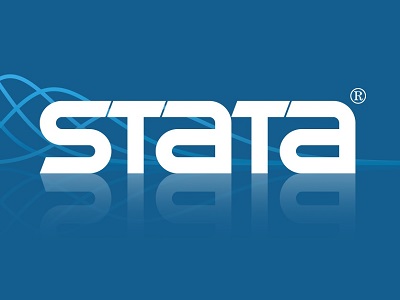STATA Training for Competition Agency Staff
- Details

ISET-PI trains Competition Agency of Georgia Staff in the basics of econometrics and STATA. The objective of the training is to strengthen the capacity of the Competition Agency staff to use STATA to conduct independent data analysis, run OLS regressions and interpret robust results.
Starting from the data entry, the course introduces ways of running various operations, including operations on variables.
The course is divided in two main parts: in the Introductory part participants are introduced with the principles of the software and basic commands to manage software; in the more advanced part participants are introduced to basics of econometrics starting from hypothesis testing using the software and Ordinary Leas Squares regression (OLS) analyses.
Economics, Finance and Banking
- Details

ISET is implementing a new training program, "Economics, Finance and Banking," with VTB Bank. The aim of the program is to introduce VTB Bank's employees to the major principles of economics, finance and banking.
The training program is now being conducted twice a week for 20 employees.
The ten-module training program is structured around the most important elements of economic understanding. The program covers how markets work in an open economy, how the exchange rate is formed, why we should worry about inflation, external disbalances, unemployment, what hinders economic growth, the benefits of free trade agreements, the role of the central bank, how monetary and fiscal tools work, etc. Each topic is based on real-life domestic examples that are the most pressing in Georgia.
Leaders in Development
- Details

ISET Policy Institute together with Japan Tobacco International (JTI) Georgia offers free of charge training program "Leaders in Development". The program is designed for anybody who is involved in, or is affected by, public policy decisions: government analysts and decision-makers, parliament staffers, private sector executives, civil society activists, as well as development professionals working in international organizations.
The ten modules of the program tackle some of the most important challenges of Georgia’s economic development, with a focus on how policy decisions (or indecision) directly and indirectly affect Georgian society, businesses and households. For example, we will discuss the implications of changes in tax administration and taxation (corporate, income, excise, VAT) on prices, investment, domestic production and consumption, human capital and labor supply.










